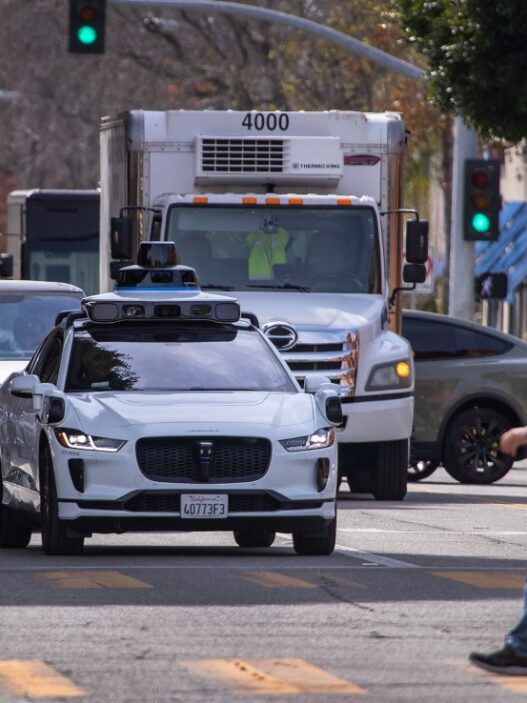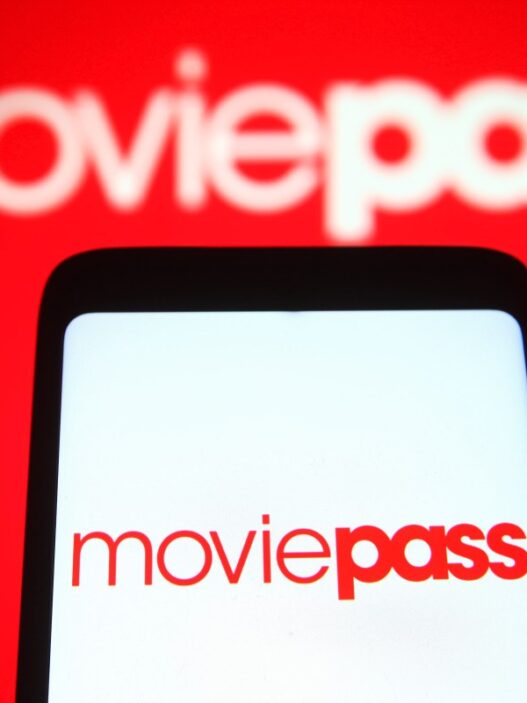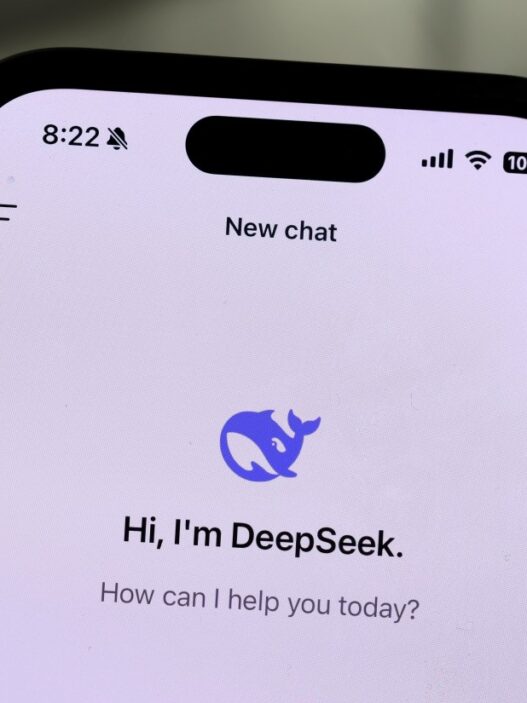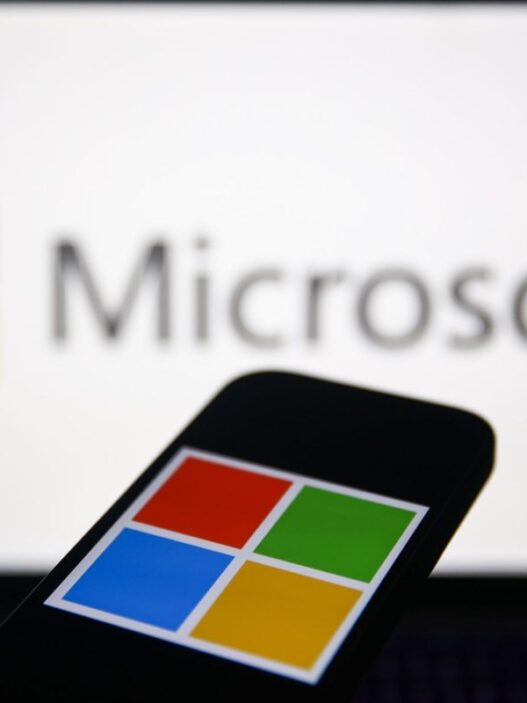American teenagers have lost their belief in large technology, according to a new report from Logical mediaIt is not intended for profit to provide reviews and classifications for media and technology, which recently includes artificial intelligence products.
in A study released Wednesday, the organization has wiped more than 1000 teenagers on whether major technology companies such as Google, Apple, Meta, Tiktok and Microsoft are interested in their luxury and safety, made moral decisions, protecting their own data, and more. In all cases, most adolescents have reported low levels of confidence in these technology companies. Nearly half of the teenagers said they had no little or non -confidence that companies would make responsible decisions on how to use intelligence.
Lack of confidence in Big Tech was built in the United States for years of the year 2013 for the government Collect collective data And the data scandal that includes Cambridge Analytica to Facebook 2021 Facebook Frances Haugen Indicating Meta was aware of its damage to society and multiple Congress sessions, as legislators participated with the executives of major technology on the safety of application, anti -monopoly issues, and harmful algorithms.
This year, the technology executives lined up to pledge allegiance to the Trump administration in the form 1 million dollars For the opening president, in the hope of purchasing preference, avoiding scrutiny and organizing their business – regardless of the cost for its users. (Even for those who are in line with Trump, technology leaders are seen as deceptive, given how they fluctuated after Trump criticized early).
While adolescents may track or not follow these technical news headlines like their adult counterparts, this general shift in feelings also affects them.
A proper logic says that 64 % of adolescents who were included in the survey do not trust the major technology companies to care for their mental health and their well -being and 62 % do not believe that companies will protect their safety if they hurt me profits.
More than half of the American adolescents (53 %) also does not believe that major technology companies make moral and responsible design decisions (Think: the increased use of dark patterns in user interface design aims to deceive, confusion, and deceive.
Another 52 % is not believed that Big Tech will keep their personal information safe and 51 % do not believe that companies are fair and comprehensive when considering the needs of different users.
It is not surprising that the lack of confidence in technology affects the opinions of adolescents about artificial intelligence as well, as 47 % of those surveyed do not believe that these companies will make responsible decisions regarding their use of Amnesty International.
The new study depends on sound logic Previous research About adopting artificial intelligence among teenagers and also focuses on how Genai affects the larger media scene.
For example, I found that 41 % of adolescents included in the survey reported the misleading of fake images online, 35 % were misleading through fake content online in general, and more than a quarter (28 %) wondered whether they were talking to a robot or man. A third of the teenagers also said that Genai would make it difficult to trust the accuracy of information online. This number rises to 40 % if adolescents have been deceived by a false or misleading content.
In general, the report indicates uncertainty about the online content, although this is a new web problem.
However, it appears that artificial intelligence does not help despite the reliable AI Chatbot answers. About 39 % of adolescents included in the survey have noticed problems in the artificial intelligence output when using it for school work help. In addition, a majority of American adolescents included in the poll (74 %) said that privacy and transparency guarantees are necessary to manage artificial intelligence, and 74 % of artificial intelligence companies should discourage people from sharing personal information on their platform, and 73 % of adolescents said photos Artificial and other intelligence should be called and a watermark.
When affecting AI’s business models, 61 % of adolescents feel that content creators should be compensated when using their data by artificial intelligence systems.
As a result of adolescents’ lack of confidence and fast speed to develop artificial intelligence, 35 % of adolescents believe that Genai will make it difficult to trust online information online – although this number may change in time.












